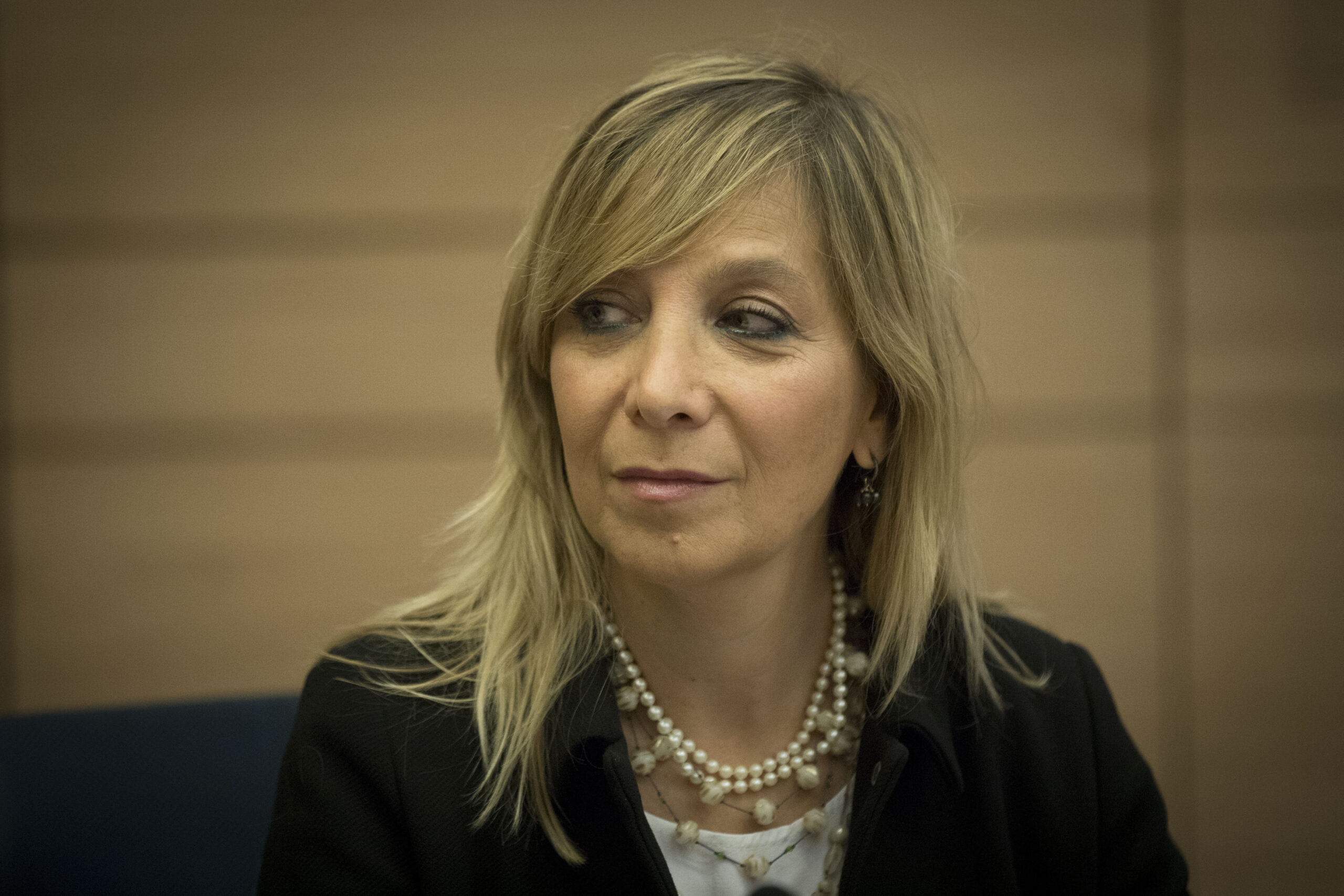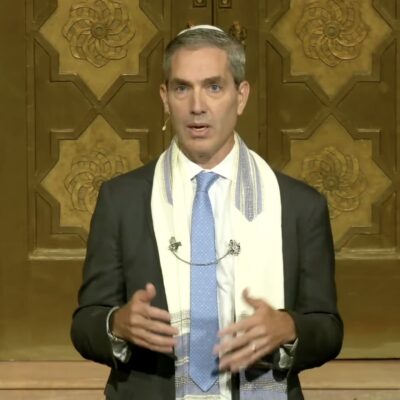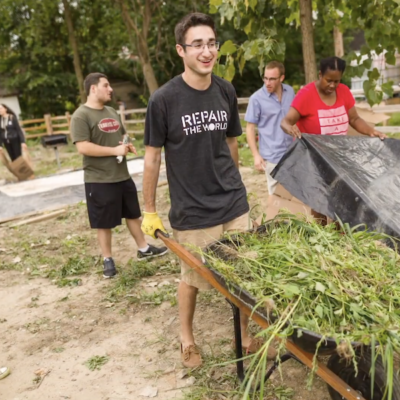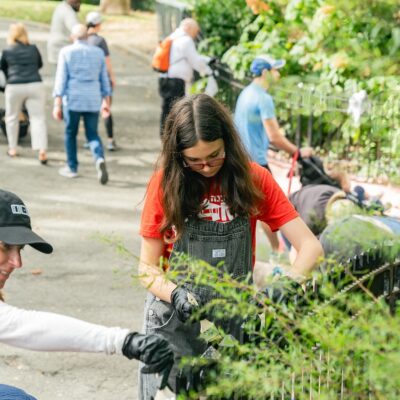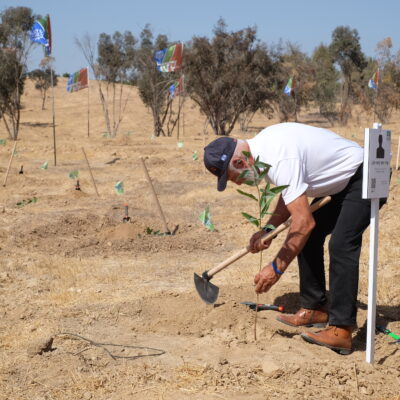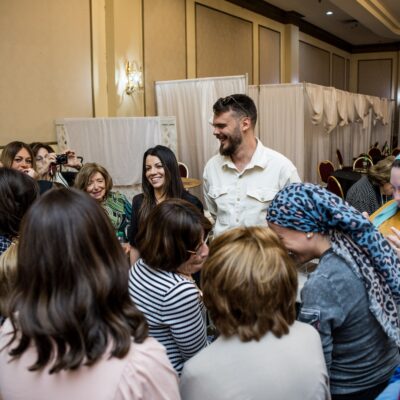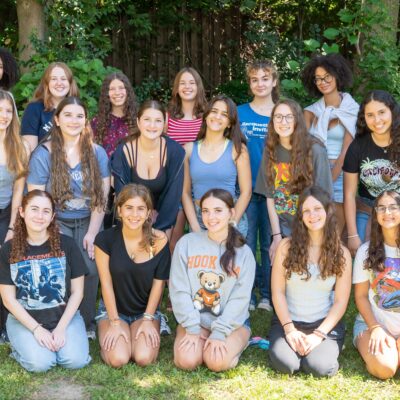Opinion
A HIGHER ED
Investing in the future with one eye on the past
We can’t know where we’re going — let alone where we ought to be going — unless we understand where we’ve come from; and we can’t understand our past without studying it within the larger context of the society in which it occurred. As a professor of American Jewish history and chancellor of the Jewish Theological Seminary, that’s what has always drawn me to the study of history and why it has always been a crucial part of the curriculum of JTS.
We often speak nowadays about “content.” In the age of the internet and social media, we valorize content providers as if content consists of a finite amount of information, sources, data or material that can be plugged into a website or course of study and delivered to users. But, as all educators know, knowledge emerges not from passively receiving content, but from the give and take between student and teacher and between study partners. Knowledge develops gradually by using all available tools to understand what we are reading, seeing, touching, hearing and tasting; questioning our assumptions; weighing evidence; and exploring different perspectives. Through this learning process, we also derive personal meaning.

Andriy Onufriyenko/Getty Images
In this age of “truthiness,” AI-generated content, deepfake scams and photo tampering, we must redouble our efforts to help students hone their skills in critical analysis, bias interrogation, clear communication and meaning-making. To achieve constructive dialogue with those whose views differ from our own, we need first to be confident in our knowledge and values as well as open to continued learning from others.
I am pleased that JTS’s investment in this kind of education will continue to grow as we welcome a new professor for a new era. Thanks to a generous gift from Robert S. Rifkind, a devoted friend and supporter of JTS, we are proud to establish the Robert S. Rifkind Professorship of Jewish History. This endowed position will ensure that students from across our academic programs graduate with a deep appreciation for the complexity, diversity and richness of the American Jewish experience. By weaving their own lives into this rich tapestry, they will be equipped to confront contemporary challenges with perspective and clarity, while writing the next chapter of this history through their leadership.
This new faculty member will teach a wide range of courses in modern Judaism and American Jewish history, thus impacting not only the education of undergraduate and graduate students but also shaping the varied paths these future American religious, educational and communal leaders will follow. In a post-Oct. 7 world marked by an alarming uptick in antisemitism and pervasive misinformation, this investment will position future leaders to approach challenges — both the ones we know and those yet unrevealed — with knowledge, perspective and nuance.
In filling this position, we also bring honor to the significant legacy we inherit. For almost 140 years, JTS faculty members have influenced thousands of Jewish and non-Jewish students alike. Luminaries such as Solomon Schechter, Abraham Joshua Heschel, Louis Ginzberg, Mordecai Kaplan, Saul Lieberman, Gerson D. Cohen and many others have left enduring marks, educating generations with wisdom and vision. More recently scholars like Judith Hauptman, Ismar Schorsch and the soon-to-retire Jack Wertheimer, have epitomized JTS’s commitment to excellent scholarship, inspired teaching and outstanding American Jewish leadership.
As a historian who holds a position where I now make history as well as study it, I know more deeply than ever that an appreciation for the contextual evolution of the Jewish people is essential to discerning the way forward.
As we begin this next chapter, I am filled with gratitude for the legacy we are shaping, which will inspire generations to come. An investment like this, thanks to a generous gift from a good friend, is a gift not just for today but for the future.
Shuly Rubin Schwartz is the chancellor of the Jewish Theological Seminary.

 Add EJP on Google
Add EJP on Google